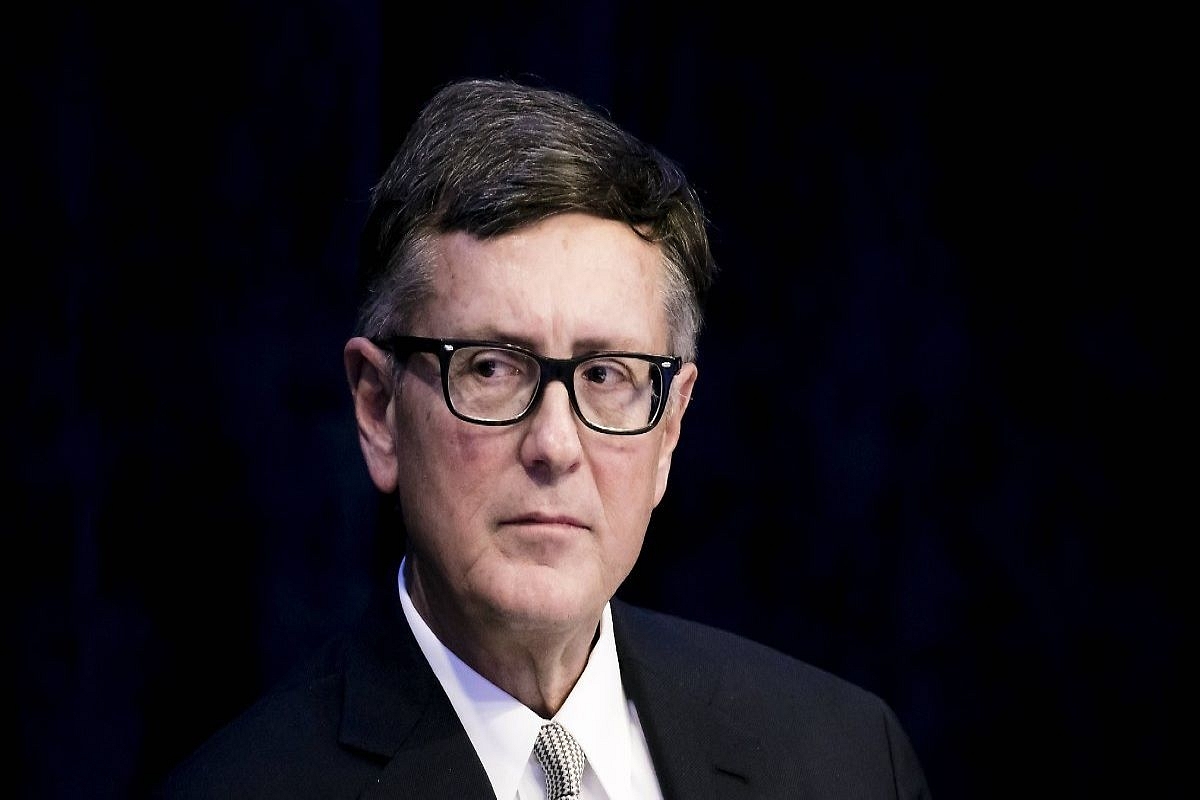News Brief
Federal Reserve Vice Chairman Richard Clarida Resigns After Fresh Revelations On Trading Scandal
- Federal Reserve Vice Chairman Richard Clarida said he would resign from the central bank on Friday, two weeks before his term on the central bank’s board is set to end. He has been facing scrutiny after getting embroiled in a trading controversy.
- Fresh revelations emerged last week that Clarida had amended his financial disclosures to show he sold a stock fund three days before he purchased the same investment in late February 2020.

Federal Reserve Vice Chairman Richard Clarida
Federal Reserve Vice Chairman Richard Clarida said he would resign from the central bank on Friday, two weeks before his term on the central bank’s board is set to end.
An official statement by the Federal Reserve confirmed his departure.
While Clarida gave no reason for his decision, he has been facing scrutiny after getting embroiled in a trading controversy.
Clarida has faced criticism for investing in stocks just before the Fed’s announcement of a huge rescue package for financial markets in February 2020. Clarida had earlier declared that three financial investment transactions that he executed on Feb 27,were part of a preplanned portfolio rebalancing.
Fresh revelations emerged last week that Clarida had amended his financial disclosures to show he sold a stock fund three days before he purchased the same investment in late February 2020.
Prior to his appointment to the Board, Clarida served as a professor of Economics and International Affairs at Columbia University, where he taught from 1988 to 2018. From 1997 until 2001, Clarida served as chairman of the Department of Economics at Columbia University.
Eric Rosengren, president of the Boston Fed, also resigned after it emerged that he had invested in trusts that held mortgage-backed.
In response to controversy over dubious trading practices by top officials, the Fed announced a wide-ranging ban on officials buying individual stocks and bonds and limits on other investment activities.
The new set of rules prohibited the purchase of individual shares, restrict active trading, and increase the timeliness of reporting and public disclosure by Federal Reserve policymakers and senior staff. As a result of the new policies, senior Federal Reserve officials were limited to purchasing diversified investment vehicles, like mutual funds.
To help guard against even the appearance of any conflict of interest in the timing of investment decisions, policymakers and senior staff of central bank will now be required to provide 45 days' advance notice for purchases and sales of securities, obtain prior approval for purchases and sales of securities, and hold investments for at least one year. Further, no purchases or sales will be allowed during periods of heightened financial market stress.
Reserve Bank presidents will be required to publicly disclose financial transactions within 30 days, as Board Members and senior staff currently do.
Introducing ElectionsHQ + 50 Ground Reports Project
The 2024 elections might seem easy to guess, but there are some important questions that shouldn't be missed.
Do freebies still sway voters? Do people prioritise infrastructure when voting? How will Punjab vote?
The answers to these questions provide great insights into where we, as a country, are headed in the years to come.
Swarajya is starting a project with an aim to do 50 solid ground stories and a smart commentary service on WhatsApp, a one-of-a-kind. We'd love your support during this election season.
Click below to contribute.
Latest